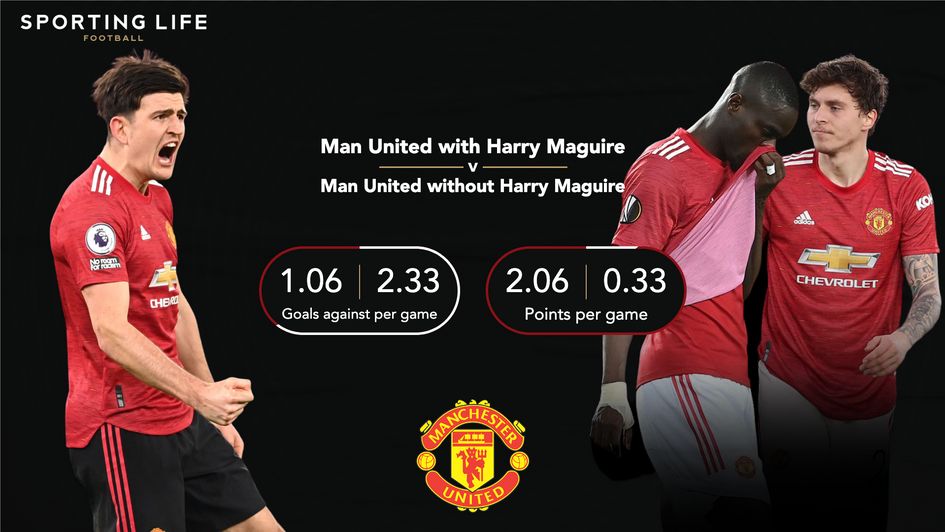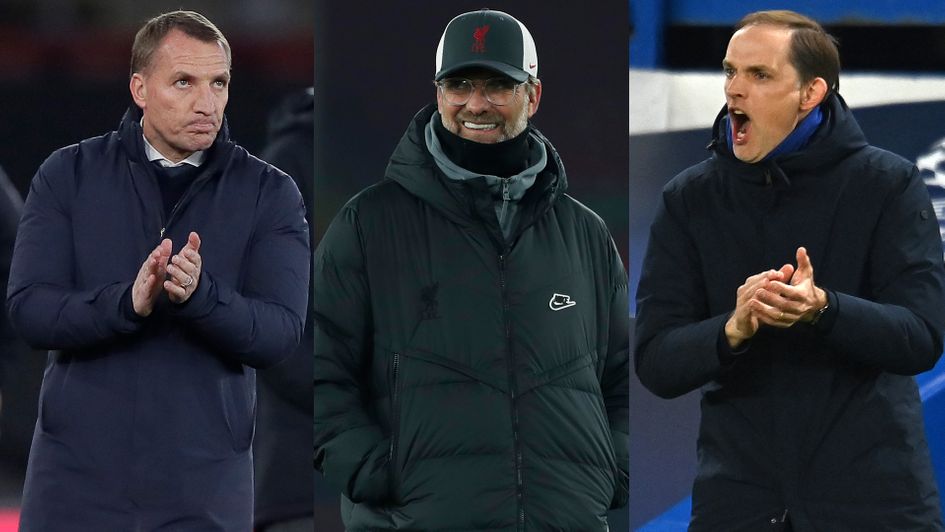Manchester is rarely described as the Seville of northern Europe, and with good reason, but they could be twinned in the recent history of the second continental competition.
If Manchester United beat Villarreal on Wednesday, they will have two Europa League wins since 2016. So will Sevilla, the UEFA Cup’s resident specialists.
It reflects the Anglicisation of a tournament the Spanish clubs have tended to dominate. There was an all-English final in 2019; there could have been another this year.
UEFA Europa League final
Kick-off time: 20:00 BST, Wednesday
TV channel: BT Sport 1
Villarreal 18/5 | Draw 12/5 | Manchester United 4/5
Since Liverpool were runners-up in 2016, five of the 12 finalists have come from the Premier League (and four more from La Liga). But in the previous nine seasons, England only supplied two finalists: Fulham in 2010 and Chelsea in 2014 (in contrast, there were two all-Spanish finals in that time).
It reflects a change in attitude.
There are times when it has seemed that Ole Gunnar Solskjaer has fielded too strong sides – did he really need to select Bruno Fernandes at home to Granada after winning the away leg 2-0? – but it makes him the antidote to the managers who fielded the reserves and tumbled out of Europe in previous years.
Solskjaer’s United were Europa League semi-finalists last season as well, losing to Sevilla, and in the last four campaigns, the Premier League has had three sides exit in the last four: Arsenal twice and United.
It marks a distinct change from the five seasons from 2010 to 2015 when Chelsea were the lone semi-finalists, let alone finalists, and in four of those five campaigns, England had no representative in the last eight.
Perhaps the UEFA Cup has not had such a concerted challenge from England since the 1970s when, in the space of five seasons, Tottenham and Liverpool (twice) were winners and Wolves and Spurs runners-up.

Perhaps, too, the Premier League’s strength in depth is telling. Unlike Spain, Italy or Germany, it has a ‘big six’. There is only normally room for at most four in the Champions League – though the doomed Super League was supposed to accommodate all – so the other two tend to start off among the Europa League favourites.
After all, 13 of the 15 clubs with the highest turnover in Europe began the season in the Champions League. The other pair? Arsenal and Tottenham.
The carrot the Europa League now offers serves as an added motivation. For United now, winning a trophy is about silverware, glory and ending Solskjaer’s personal wait after a series of semi-finals. But when Jose Mourinho’s side triumphed in 2017, the real incentive was to qualify for the Champions League.
It has been the imperative for Arsenal as they have slipped ever further away from the top four; since they last played in the Champions League, they have reached three Europa League semi-finals and one final. It is why Tottenham’s defeat to Dinamo Zagreb both represented a missed opportunity and an outlier.
In the last four seasons, English clubs have tended only to exit the Europa League to each other, Spanish sides and Olympiacos. There were more ignominious departures in the previous four campaigns: to Astra Giurgiu (twice, ludicrously, both courtesy of West Ham), Midtjylland, Gent and Lokeren.
If they are signs that the Premier League has tended to send better sides into the Europa League, it also offers indications that they are taking it more seriously.
It is also undeniable that winning the Europa League can be the consequence of failure in the Champions League: like Chelsea in 2013, United were in a group that featured three high-calibre sides, underachieved to come third among them and had to switch objectives.

But while Solskjaer has picked plenty of his premier players in Europe, others adopt more of a balancing act. The Europa League is so long that it suits those with strength in depth.
A UEFA report last week said that Premier League clubs were responsible for 43 percent of global spending last season. It is little wonder they have deeper squads.
Arsenal had so many players they did not register their £25 million signing William Saliba for the group stages; Spurs had so many that they did not name Joe Rodon, the £11 million buy who should be starting for Wales in Euro 2016. No wonder their back-up players ought to be able to negotiate the earlier rounds.
Perhaps the financial effects of the coronavirus pandemic will exacerbate the gulf between the richest and the rest. Certainly they should position the English clubs to prosper again next year.
Recent success also shines a light on the failures between 2010 and 2015: after all, the appearances of Middlesbrough and Fulham in the 2006 and 2010 finals respectively ought to have shown it was possible for even an overachieving mid-table team to go on a lengthy run.
It should be more feasible still for a Premier League outfit to prosper in the Europa Conference League next season. Whether, without the prize of a Champions League place for the winners, Tottenham deem it worthwhile is another matter
But even in the heyday of English clubs in the Cup Winners’ Cup, they never claimed all three European trophies in the same season; maybe a historic first beckons.
Yet with two all-English finals in the Champions League in the space of three seasons and an English grand slam of finalists in 2019, if Europe may fear English domination, at least the Conference League, with a solitary club from each of the top five domestic leagues, is guaranteed to see someone else in the final.
More from Sporting Life
Safer gambling
We are committed in our support of safer gambling. Recommended bets are advised to over-18s and we strongly encourage readers to wager only what they can afford to lose.
If you are concerned about your gambling, please call the National Gambling Helpline / GamCare on 0808 8020 133.
Further support and information can be found at begambleaware.org and gamblingtherapy.org.











